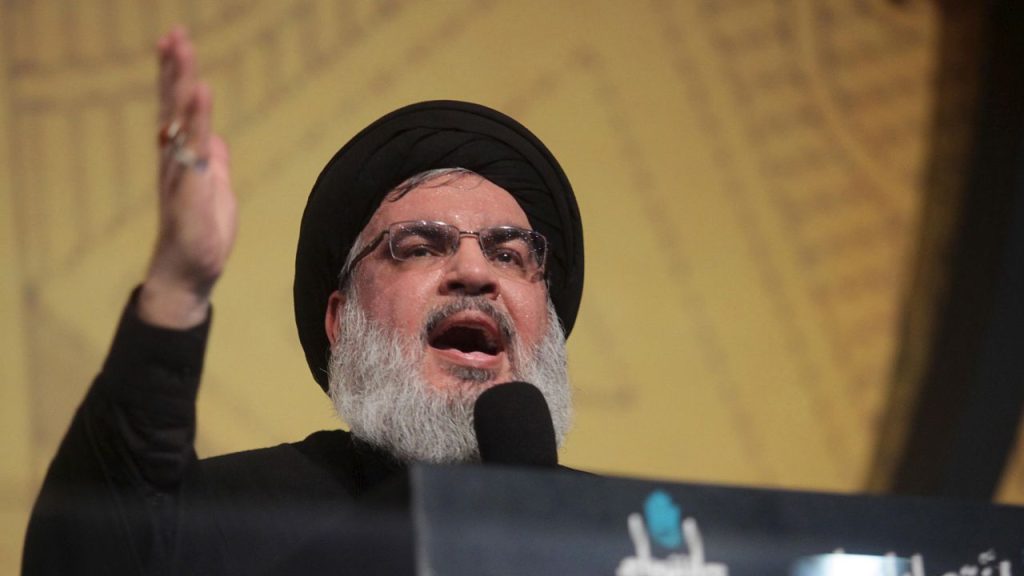In a major escalation of the ongoing middle-east conflict, Israel has killed Hezbollah leader, Hassan Nasrallah in a targeted air strike in Beirut.
The attack, which targeted Hezbollah headquarters in Beirut’s southern suburb of Dahiyeh, was confirmed by both Israel military and Hezbollah sources.
“Hassan Nasrallah is dead,” IDF spokesman Lieutenant Colonel Nadav Shoshani wrote on X, formerly Twitter.
Israel Defence Forces (IDF) confirmed Nasrallah’s death on X, saying “Hassan Nasrallah will no longer be able to terrorize the world.”
IDF said the airstrike on Beirut was based on years of tracking Nasrallah’s movements. It did not provide information on the munitions used, but they said they took action to avoid civilian casualties.
A major escalation
The airstrike, described as a significant escalation in the ongoing war, also killed Ali Karki, the commander of Hezbollah’s Southern Front, and other high-ranking commanders.
The air strike leveled six apartment buildings, with Lebanon’s Ministry of Health confirming at least 6 people were killed and 91 more injured in the strike.
Nasrallah, 64, was the Secretary-General of Hezbollah and has been at the helm for the last three decades. He is credited with transforming Hezbollah into a significant military and political organization that is trusted by the Lebanese people.
Nasrallah has also been Iran’s key representative in the region, and it is seen as a huge setback to Iran’s efforts in the ongoing conflict with Israel.
Israel on high alert
Following the strike, Israel has placed IDF on high alert, as it anticipates retaliatory attacks from Hezbollah and its allies in the Middle East.
“Hezbollah still has rockets and missiles and has the capability of shooting many of them simultaneously,” Shoshani said.
The IDF emphasized that the strike was part of its strategy to dismantle Hezbollah’s leadership and its military capabilities.
Shortly after Israel Prime Minister Benjamin Netanyahu landed after attending the UN General Assembly in New York, air raid sirens sounded across Central Israel. IDF said it intercepted a missile launched from Yemen, but it was not clear whether it targeted Netanyahu’s plane.
Hezbollah retaliation
While confirming the death of its leader, Hezbollah vowed to continue its military campaign against Israel in support of Gaza and Palestine”. After the strike on Friday, Hezbollah fired multiple projectiles into Northern and Central Israel.
The group is expected to intensify hostilities against Israel, which could draw other Iran-backed militia in Syria and Iraq. Hamas issued its condolences to Hezbollah, saying “assassinations will only increase the resistance in Lebanon and Palestine in determination and resolve.”
With Nasrallah’s death, Hezbollah is expected to announce the next Secretary-General for the organization. Hashen Safieddine, Nasrallah’s cousin and head of the group’s executive council is viewed as the likely successor, due to his close ties to Iran and his role in Hezbollah’s political activities.


